The week after Easter
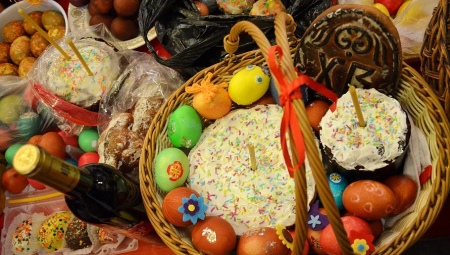
The time after Easter is one of the most important periods of the year for Orthodox Christians. After a long fast and a difficult Holy Week, people finally get the opportunity to rest and rejoice.
The value of the week after the holiday
The festive period following Easter is called Bright Week or Holy Week. During this time, believers celebrate the resurrection of Christ. In fact, the entire week following this event is one big holiday. Each of her days has its own history.
Monday
The first Monday after Easter is called watered or clean. Earlier on this day it was customary to douche with water. It was believed that in this way a person can wash away sins from himself. People usually doused themselves in the early morning.
For the rest of the day, the men went to visit. Wives and daughters should have stayed at home that day. They greeted the guests, serving them Easter treats to the table: meat, Easter cakes, decorated eggs.
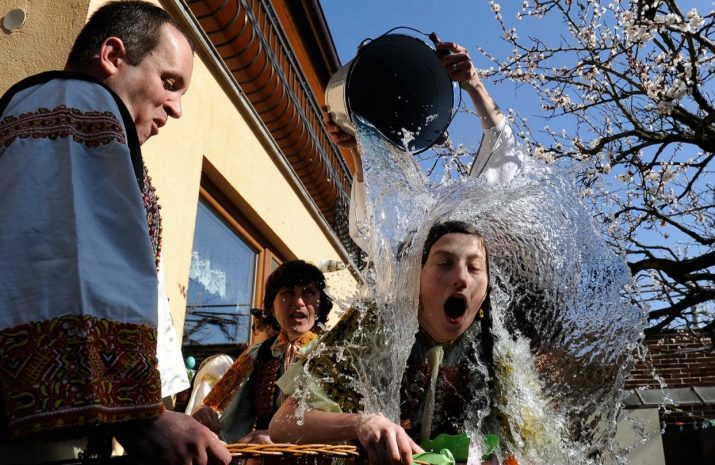
Tuesday
This day has a lot in common with the previous one. On Tuesday, people poured water over each other. Traditionally, this was done by young boys and girls. Dousing each other was considered a form of ritual play.
It was also customary to visit on Tuesday. Usually people arranged large feasts, to which they invited not only relatives, but also friends and neighbors. It is not recommended to spend Tuesday night alone. Besides, on Tuesday, on Bright Week, one should not be sad, so that new reasons for sadness do not appear in life.
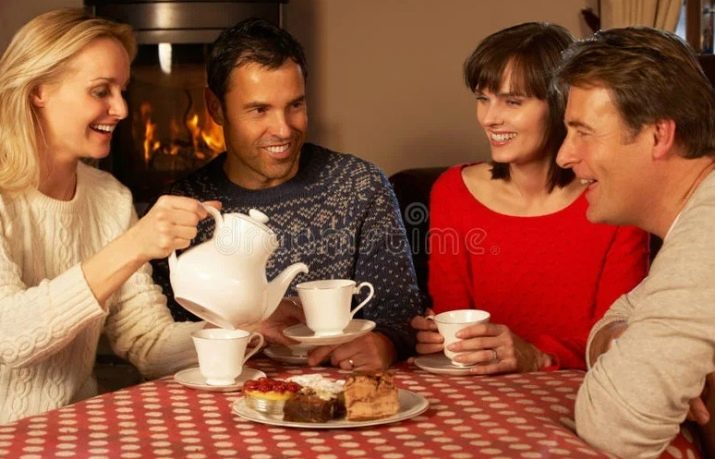
Wednesday
Another name for this day is Round Dance. It appeared for a reason. On the third day of the week, it was customary for young people to organize festivities on the street. Boys and girls danced in circles, got to know each other and had fun. It was a good omen to swing on the swing that day.
Previously, it was also believed that if a person worked on the land that day, his harvest would beat hail in the summer. Therefore, Wednesday was sometimes called Gradova.
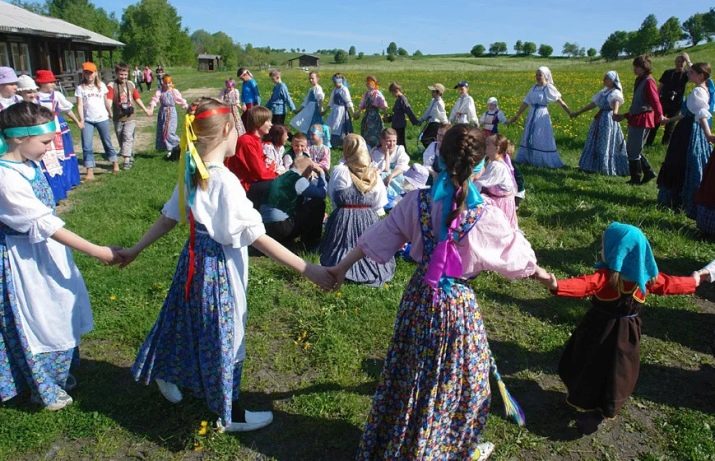
Thursday
Several interesting traditions are connected with the fourth day of Bright Week. First of all, it should be said that on this day it was customary for girls to invoke spring. The guys at this time were looking for a soul mate. From Thursday, it was allowed to hold a bride.
The people also called Thursday Navskoy Day. This name comes from the Old Russian word "nav", meaning the other world, into which people leave after death. On this day, many go to the cemetery to remember the dead and leave a treat for them. It is believed that in this way the dead can share joy with the living.
But the church does not approve of such a custom. The official church day dedicated to visiting the cemetery is Radonitsa. This holiday falls on the second Tuesday after Easter. Therefore, believers on Thursday should refrain from visiting cemeteries and sad thoughts about people who have passed away.
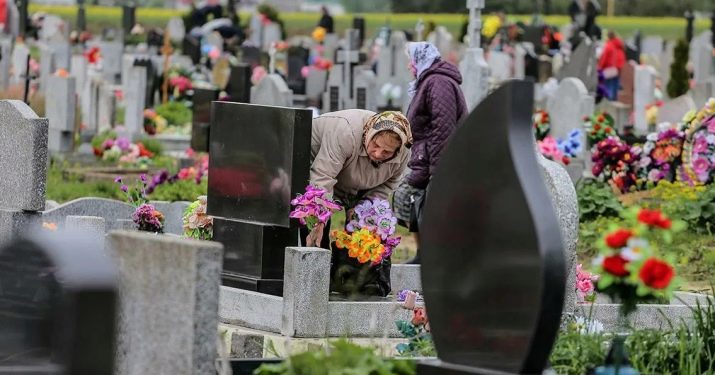
Friday
On Friday, it is customary to put up with loved ones. People often visit on Friday. Girls on this day from the very morning washed themselves with water, which stood all night in a silver container. It was believed that such a ceremony allows you to stay healthy and beautiful all year round. Now it is quite possible to repeat it by putting some kind of silver thing in a jug of water.

Saturday
It is customary to do good deeds on this day. According to the apostolic tradition, the holy bread is distributed to believers on Saturday. Ordinary people can help those in need. This applies to both relatives and friends, and strangers in a difficult situation.
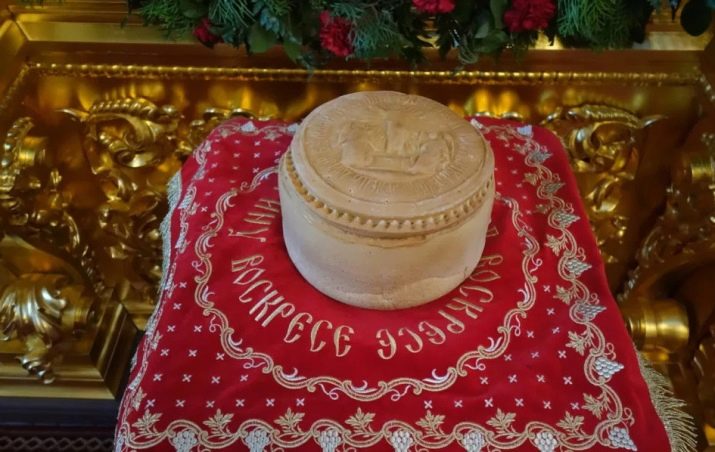
Sunday
The last day of this week is called Fomin Sunday or Krasnaya Gorka. Earlier, it was from this day that the spring wedding season began. Most people have planned their wedding in the second half of spring and early summer.
It was very prestigious to marry on Krasnaya Gorka. During this time, weddings were organized by wealthy people. More modest events were postponed until autumn.
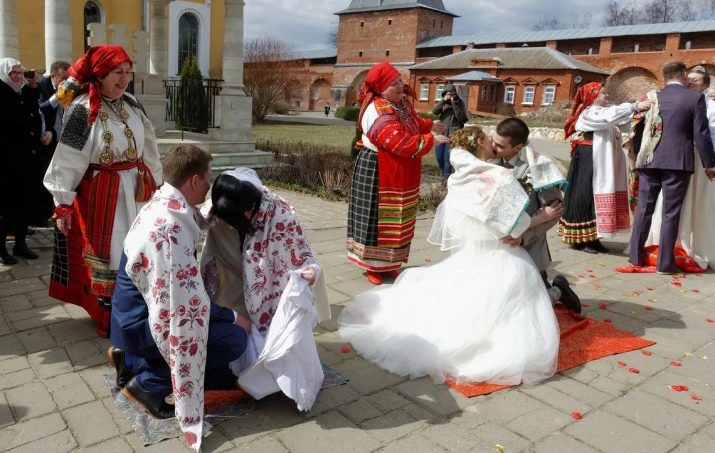
What is allowed?
On Easter week, people, as before, should have fun and visit. It is good if at this time a person has the opportunity to take a vacation. In the days after Easter, it is useful to forget about all the problems and work matters. But this does not mean that you cannot carry out your routine tasks. The main thing is to try to find a place for joy in everyday life. All food is allowed on holidays. Believers who fast on Wednesdays and Fridays can afford to deviate from this rule during the Bright Week.
You should devote some time to self-development. It is believed that information is absorbed better at this time. Therefore, on weekends, you can do your studies or prepare for exams. Do not forget about spiritual development. This week, as well as at other times, one should pray daily. It is believed that the prayers uttered at this time have the greatest power.
If religious processions are held in the city, believers can join them. Bright week is considered a good time to visit various temples, monasteries and other significant places.
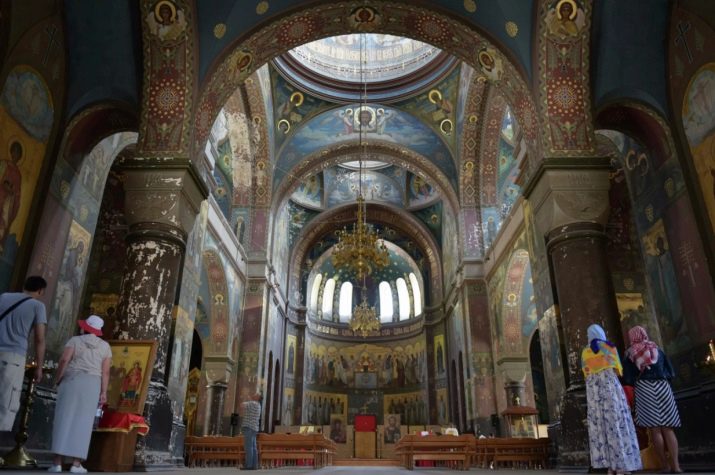
What is prohibited?
There are also a number of things that cannot be done after Easter.
- Fast. In the first week after Easter, even people who are preparing for the sacrament cannot fast.
- Borrow money. At this time, it is not customary to lend or ask.
- Alcohol abuse. While believers are allowed to relax and have fun on holidays, drinking too much is not a good idea.
- Do household chores. For this time, you should forget about hard work. By tradition, on bright days, they do not work either in the garden or around the house. It is allowed to engage only in washing dishes and other small matters. If more difficult work needs to be done, you can do it by prayer.
- Sew and embroider. Previously, people believed that on Navskiy Thursday, the deceased come to the living and stay with them until the Trinity. Therefore, in the first days after Easter, needlewomen put needles and threads aside so as not to sew up the eyes of the dead.
- Swear. It is forbidden to use foul language on any day of the Easter week. You should not offend your loved ones and swear with them.
The days after Easter should be joyful and filled with pleasant events. Every person can make them that way.










